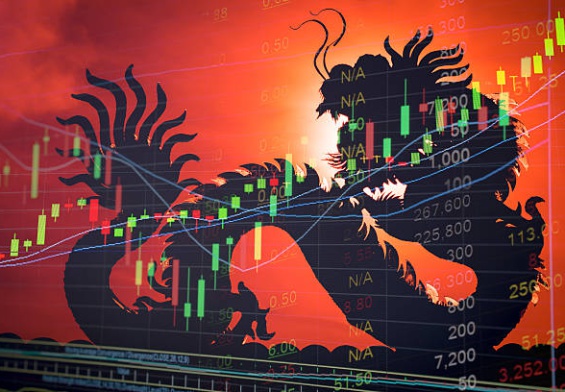From March 3, investors in India will be able to trade in select US stocks through the NSE International Exchange (NSE IFSC), a wholly owned subsidiary of the National Stock Exchange (NSE). Investors can invest in NSE IFSC receipts on US stocks, which will be in the form of unsponsored depository receipts (DRs).
For a start, this will include DRs of 50 US stocks such as Apple, Alphabet, Amazon, Tesla, Microsoft, Morgan Stanley, Nike, P&G, Coca-Cola, and Exxon Mobil.
Indian retail investors will be able to transact on the NSE IFSC platform under the Liberalised Remittance Scheme (LRS) limits prescribed by the Reserve Bank of India (RBI), which currently stand at $250,000 per year.
Resident investors will have to open a demat account at the IFSC and the stock receipts will be considered foreign assets for filing income tax returns. Short-term capital gains will be taxed at the slab rate while long-term capital gains will be at 20 per cent with indexation.
“The business model offered by NSE IFSC will not only provide an additional investment opportunity to the Indian investors but also make the entire process of investment easy and at a low cost. Investors will be provided an option to trade in fractional quantity/value when compared to the underlying shares traded in US markets. The proposed framework will make US stocks affordable to Indian retail investors,” said a note put out by the NSE last year.
Investing in global stocks has gained currency in the past two years in the backdrop of a decades-long bull run enjoyed by US equities and the need to avoid a single-country risk.
Currently, Indian investors buy US stocks through designated online brokers who have permission from Indian and US regulators to offer such services.




